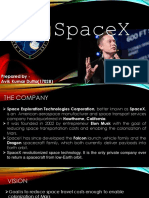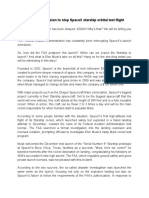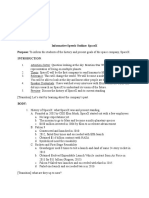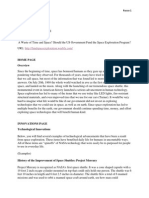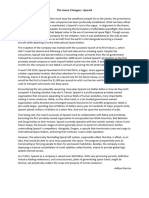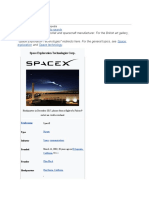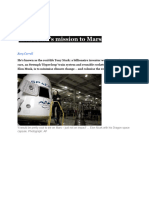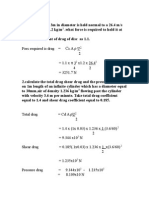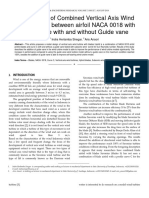0% found this document useful (0 votes)
344 views6 pagesSpaceX and Mars Colonization Debate
The document discusses Elon Musk's vision of making humanity a multiplanetary species through colonization of Mars. It provides background on SpaceX and its role in supporting Musk's mission, including early rocket failures and successes that proved reusable rocket technology. Recent SpaceX launches and tests of the Starship rocket prototype move the goal of human Mars missions closer. While risky, Musk argues colonization is necessary for humanity's future and that being a spacefaring civilization will inspire people. However, others oppose Mars colonization until more is done on Earth regarding social and environmental issues.
Uploaded by
api-547280050Copyright
© © All Rights Reserved
We take content rights seriously. If you suspect this is your content, claim it here.
Available Formats
Download as PDF, TXT or read online on Scribd
0% found this document useful (0 votes)
344 views6 pagesSpaceX and Mars Colonization Debate
The document discusses Elon Musk's vision of making humanity a multiplanetary species through colonization of Mars. It provides background on SpaceX and its role in supporting Musk's mission, including early rocket failures and successes that proved reusable rocket technology. Recent SpaceX launches and tests of the Starship rocket prototype move the goal of human Mars missions closer. While risky, Musk argues colonization is necessary for humanity's future and that being a spacefaring civilization will inspire people. However, others oppose Mars colonization until more is done on Earth regarding social and environmental issues.
Uploaded by
api-547280050Copyright
© © All Rights Reserved
We take content rights seriously. If you suspect this is your content, claim it here.
Available Formats
Download as PDF, TXT or read online on Scribd
/ 6





















